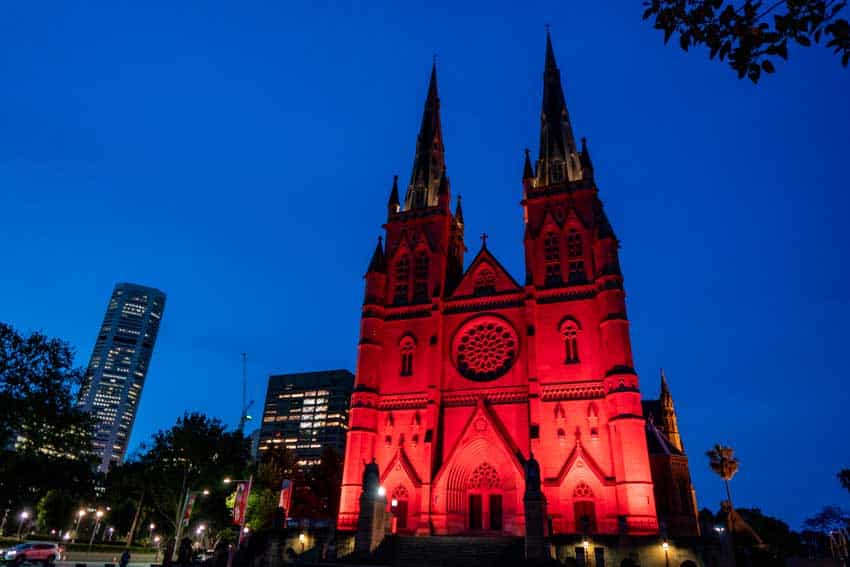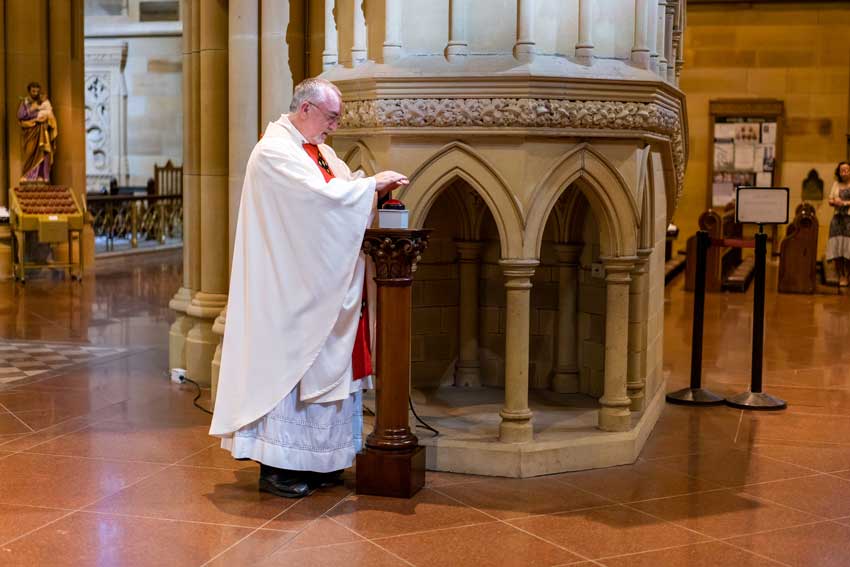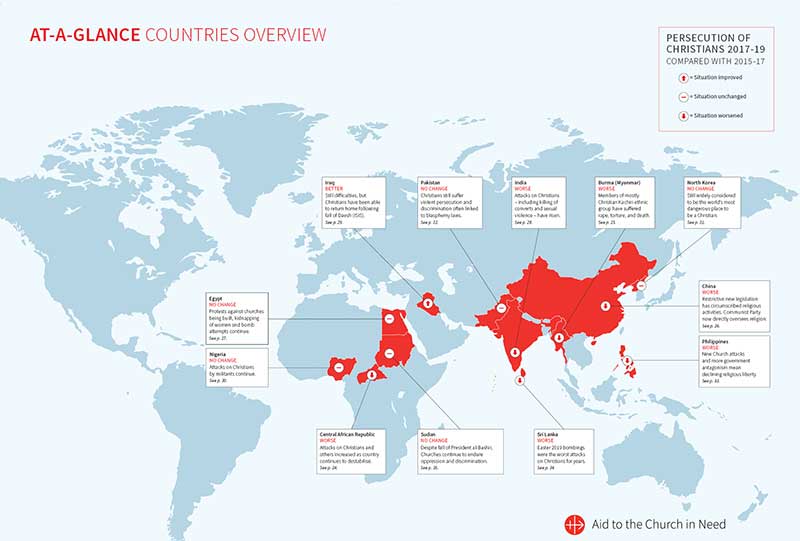
Following a decade of genocide, the persecution of Christians in key Middle Eastern countries has declined over the last two years, the latest bi-annual report from global charity Aid to the Church in Need has found. It should be good news.
It’s not.
The reason persecution of Christians has declined in countries such as Iraq and Syria, is because there are so few of them and their children left to kill, enslave and rape. And as persecution has declined, extreme poverty caused by the genocides has become a major challenge confronting Christian individuals and communities.
Meanwhile, “Christians emerge as the world’s most widely targeted” faith group, slightly ahead of Islam. In January 2019, Open Doors estimated in its World Watch List for 2018 that 73 countries with 245 million Christians “showed extreme, very high or high levels of persecution” the report said.

Such findings are just a few of the many which make for concerning reading in the report Persecuted and Forgotten, released globally by ACN, a Catholic charity dedicated to the support of suffering and persecuted Christians, this week.
ACN’s reports on persecution are issued every two years; this year’s covers the period from July 2017 to July 2019.
It was dramatically expressed by Fr Don Richardson, dean of St Mary’s Cathedral, when he turned on a specially-prepared electric switch at the end of the Red Wednesday Mass in St Mary’s and illuminated the cathedral on all sides in a dramatic shade of red on Wednesday evening.
Red Wednesday, an annual event organised around the world by ACN and now in its tenth year, sees major public building in cities around the world – Britain’s Parliament House, the Arc de Triomphe in Paris, the Colosseum in Rome and many others have participated in past events – bathed in red light to highlight the global problem of persecution of Christians by a range of forces such as authoritarian and totalitarian regimes, Islamist organisations and popularist nationalism.
The impact of the genocide in the Middle East through things such as migratory exoduses of Christians, security crises, poverty and slow recovery means that it may now be too late for some Christian communities to recover at all, the report says. “In some towns and cities, the countdown to Christianity’s disappearance is ticking louder than ever.”
While the international community is “showing unprecedented concern regarding persecution, [it] is running out of time if it wants to save Christianity in many parts of the Middle East,” the report declares, noting that “measures taken to date may not be enough to secure the future of the Church’s presence there.”

Radical Islamism is clearly a major problem: “From Nigeria in West Africa to Madagascar in the east, Christians in parts of Africa are threatened by Islamists seeking to eliminate the Church – either by use of force or by dishonest means, including bribing people to convert,” the report found.
But radicalised Islamism isn’t the only force at work.
In the last two years persecution of Christians has worsened most in South and East Asia and the region is now the global hotspot for attacks from an unholy trinity of Islamic extremism, popularist nationalism and authoritarian regimes.
Meanwhile a largely unrecognised trend has been a growing alliance in countries such as Myanmar, India and Sri Lanka – among others in the region – between governments and religio-nationalist groups. This effects not only Christians but other ethnic and religious groups who live in these countries such as Myanmar’s Rohingya population.
Around the world, however, the report says, “Christians are a favoured target for violent militant extremists who operate without boundaries.” Attacks against soft targets like Christians who are assessed as unlikely to respond with force are seen as legitimate alternatives to direct strikes on Western institutions.
Fr Richardson told those attending Wednesday’s Mass that following this year’s Easter bombings in Sri Lanka which killed 257 people, he and many others had wondered how many times such evil acts would have to be dealt with.
“For disagreement, or disparity, to be twisted into shrapnel and blood-spattered walls is an evil, and so gross a deformation of the humanity of the people who do it as to defy any reasoned understanding,” he said during his homily.
He urged all to read the ACN report and to remember that what it contains is not merely a list.
“This is what is happening to people, to families, of flesh and blood, to the old and the weak, to the children and to the mothers and to the fathers and brothers and sisters, who simply wish to live with a clear conscience in the sight of God,” he said.
The foreword to the 2017-2019 report is written by Cardinal Joseph Coutts, Archbishop of Karachi in Pakistan, where persecution of Christians is a major problem as demonstrated by the high-profile Asia Bibi case.
Related article:
Fr Don Richardson: Pray for suffering Christians – it’s urgent
